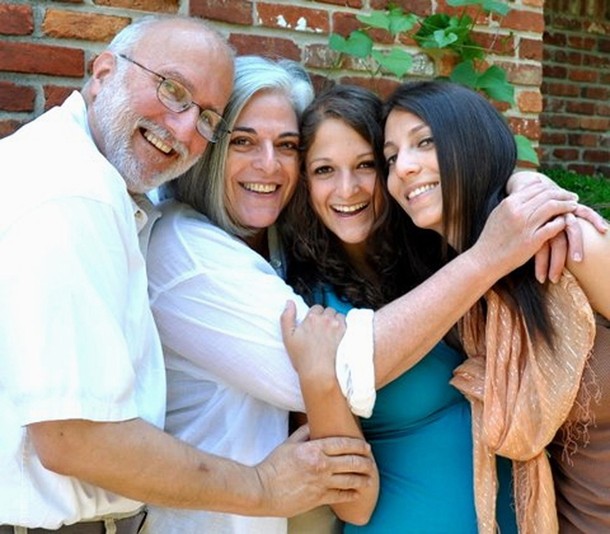
The contractor Alan Gross, 61, remains in jail. Raúl Castro’s government definitively sentenced him to 15 years. The Gross case was shrouded in mystery and uncertainty. And it brought back the Cold War era.
After 15 months in a cell and in legal limbo, the judge handed down the sentence. Something similar happens to other foreign prisoners in Cuba, like the Spanish businessman Sebastián Martínez. In Cuba, it’s “normal” to come before a court one year after the day of your detention. Or more.
Some analysts thought that the criminal penalty of the American Jew, accused of creating parallel computer networks without the regime’s authorization, would be a few years. Many even bet that he could be on a Boeing headed home.
But the Castro brothers have a large collection of tricks up their sleeve. They are unpredictable. And they usually always do just the opposite of what logic dictates. Anyway, the case of the gringo contractor can be read in different ways.
The good news for the Gross family is that there’s no need to panic. Cuban prosecutors can easily condemn you to a torrent of years, but then, from international pressure, rationality and political negotiations behind the scenes, you can return to your country a few months after being condemned.
Alan Gross is a useful piece in this new game of political chess with the United States. He always has been. The anti-Castro fighters who fought in the Bay of Pigs and the CIA’s spies were exchangeable products.
In 1961, after the 72-hour victory at the Bay of Pigs, Fidel Castro exchanged most of the captured enemy combatants for baby food and powdered mashed potatoes.
Something similar happened with certain spies of the U.S. special services. Even the mortal remains of the U-2 pilot shot down during the tense days of the Cuban Missile Crisis in 1962 were a war trophy to be traded for political gain.
The Castros are more interested in imposing fear on local opponents and condemning them for many years than in outside adversaries. Yet, in the case of internal dissidence. they will haggle with Western powers if they see political gains in return.
Gross will be behind bars until a good proposal appears from the White House. The brothers are always open to listening to offers. Let’s make some.
A major political carrot would be to exchange Gross for the five spies from the 11 members of the Wasp network who were captured in 1998, considered “national heroes” by the regime. It has been a public pledge that Fidel Castro has failed to accomplish. Now time passes, and death subtly lurks around the comandante.
Gross was like an angel fallen from heaven. If Obama and Clinton have a real interest in the contractor, they could consent to exchange him for the 5 spies; this is more or less the logic of Castro I. You can also negotiate with new measures of economic flexibility for Cuba. And since the elder Castro often plays hardball, why not exchange him for their star spy, Ana Belén Montes, who infiltrated the CIA and was sentenced to 25 years?
The U.S. government, equally adept at business and political trade-offs, considers its options. The ball is in the White House’s court. It’s up to Obama to move it.
Translated by Regina Anavy
March 16 2011
